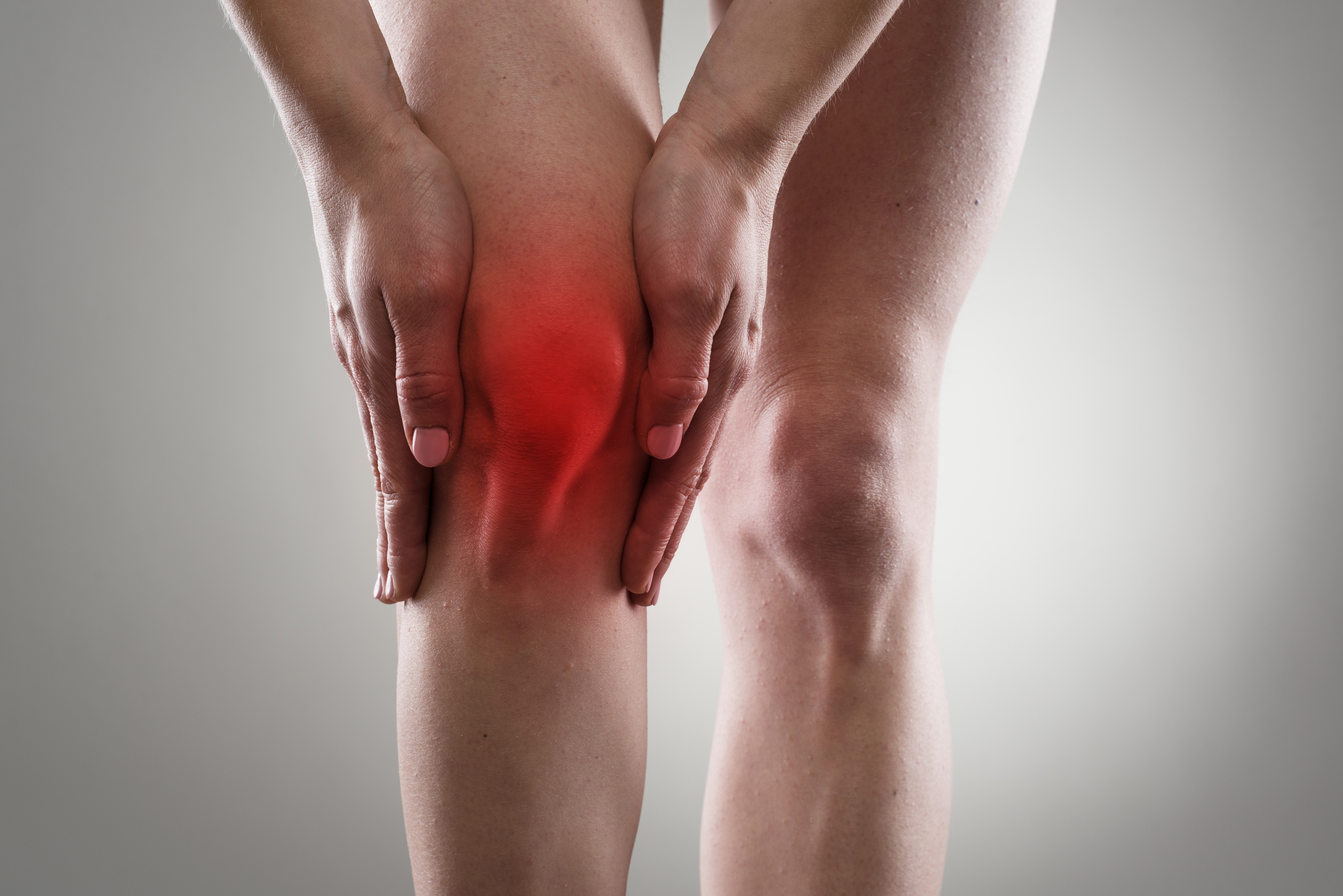
Years ago, if you wanted relief from knee pain caused by osteoarthritis, you would get a prescription for medication, cortisone shots, or ointments. Of course, those treatments only mask the pain without fixing the problem. The next step typically would be surgery.
In some cases, knee surgery is the only option, especially for severe cases of osteoarthritis, and surgery can certainly fix the problem at the source. However, mild and moderate cases of osteoarthritis in the knee, as well as the hip or shoulder, have been treated very successfully with conservative, non-invasive care. Osteoarthritis can also occur in the spine, which is a far more complex area to treat.
At Natural Healthcare Center, we believe surgery should be the last step of a methodical process that begins with understanding what osteoarthritis is and the treatment options available, both old and new.
What Is Osteoarthritis and What Causes It?
Osteoarthritis, the most common chronic condition of the joints, is the breakdown of joint cartilage and the underlying bone, which leads to pain, swelling and stiffness. This gradual degeneration can be caused by overuse, sports injuries and obesity. Obesity in particular can have a major impact on osteoarthritis in the knee because of the added strain on the joint. Genetics can also play a role in osteoarthritis.
Although most people assume osteoarthritis is simple wear and tear, the real source of the problem is inflammation. As cartilage and bones break down, the area becomes inflamed, which causes further damage to the cartilage and can even accelerate the degenerative process. In severe cases, cartilage completely wears away, leaving bone rubbing up against bone.
Understanding Osteoarthritis Knee Pain Treatment Options
There has been quite a bit of buzz in recent years about newer treatments like shockwave therapy and stem cell therapy. Shockwave therapy has been researched more extensively, and we plan to offer this service at Natural Healthcare Center before the end of the year.
Originally used to break up kidney stones, extracorporeal shockwave therapy (ESWT) uses focused, high-intensity acoustic pulses to stimulate healing in the ligaments and bones. Stem cell therapy is a promising yet still emerging treatment that uses stem cells – human cells that have the ability to develop into many cell types – to slow the degeneration of cartilage and even regenerate lost cartilage.
Of course, tried and true techniques for treating knee pain from osteoarthritis shouldn’t be overlooked. Physical therapy, chiropractic and ultrasound continue to be extremely effective. Depending on the patient, we may recommend clinical nutrition and supplements like Boswellia, turmeric and curcumin to reduce inflammation.
There have been times when a patient comes in with severe knee pain, but after six months following nutritional protocols recommended by Dr. Coetzee, the patient is in far better shape. Without even touching their knees, the patient experiences significantly less pain and inflammation.
A Methodical Approach to Knee Pain Treatment
A methodical approach doesn’t involve jumping right into the operating room, and it shouldn’t involve chasing the shiny new object of treatment techniques. First, a comprehensive exam, x-ray, and possibly an MRI will allow us to determine the extent of osteoarthritis and the cause of the problem. Based on this evaluation, we recommend treatment that we feel will be most effective.
We also know how much time to allow before moving on to a different technique. For example, we’ll know if physical therapy is working after two to four weeks. We’ll know if shockwave therapy is working after a couple sessions. The key is to have someone with the right expertise develop and oversee the treatment plan.
If you’re dealing with knee pain, medication might help alleviate the pain, but it should only be used temporarily and sparingly. Surgery might end up being your best option, but it shouldn’t be the first option.
Schedule an appointment at Natural Healthcare Center. Let us can get to the root cause of the problem and follow a methodical, conservative approach to treating knee pain before you start discussing surgery.